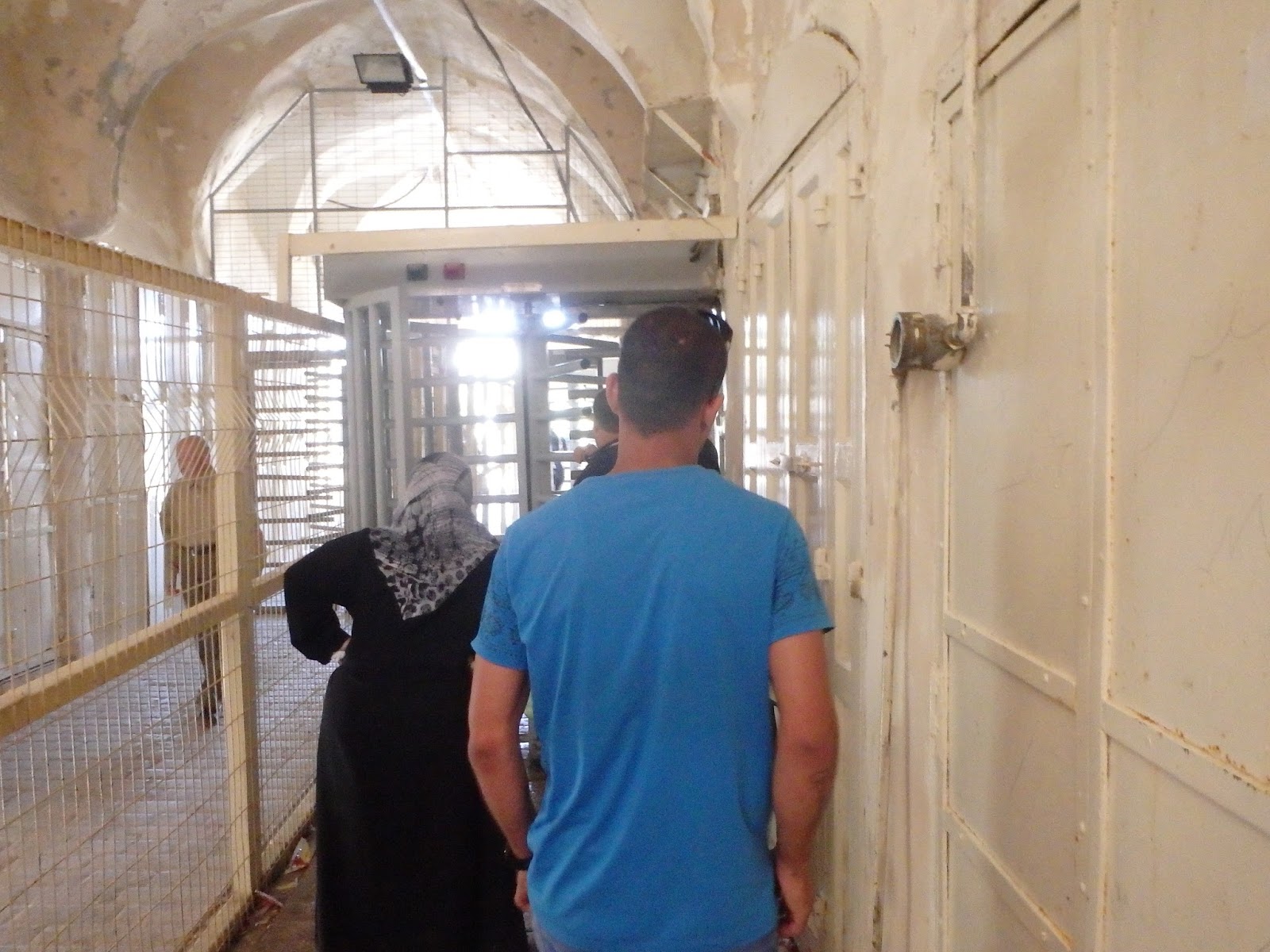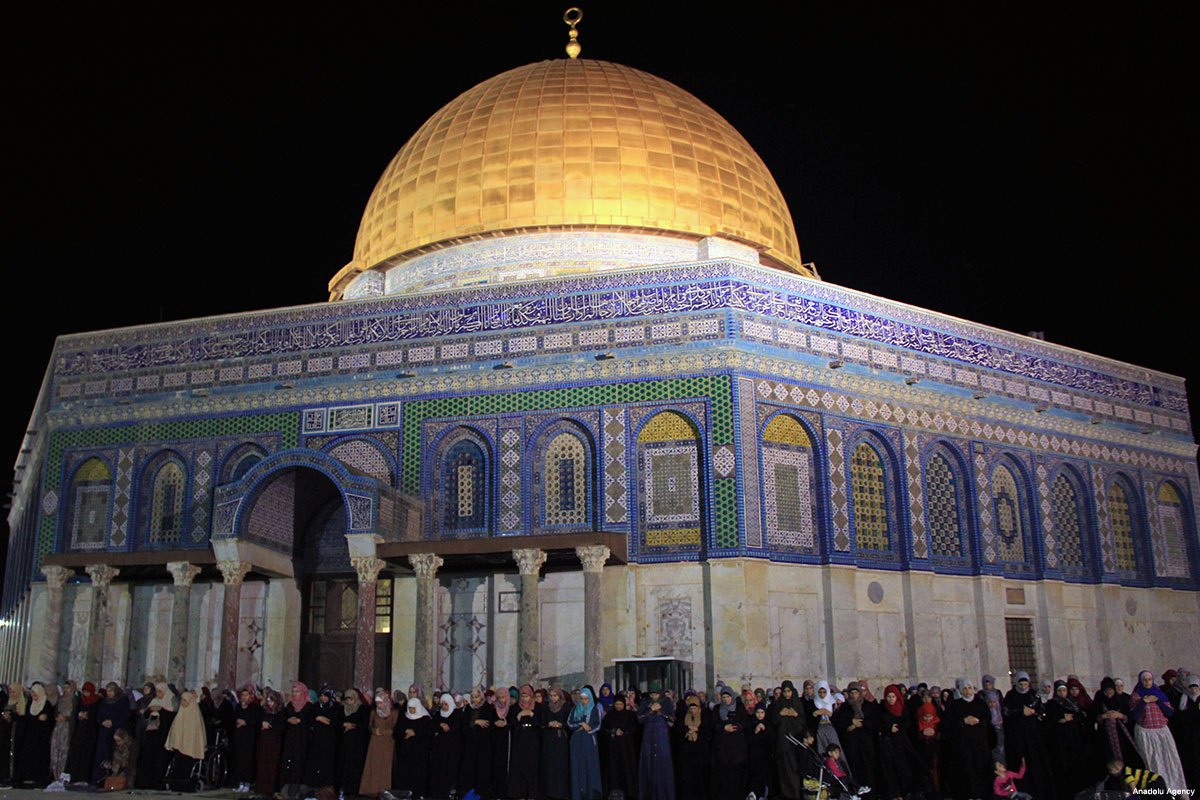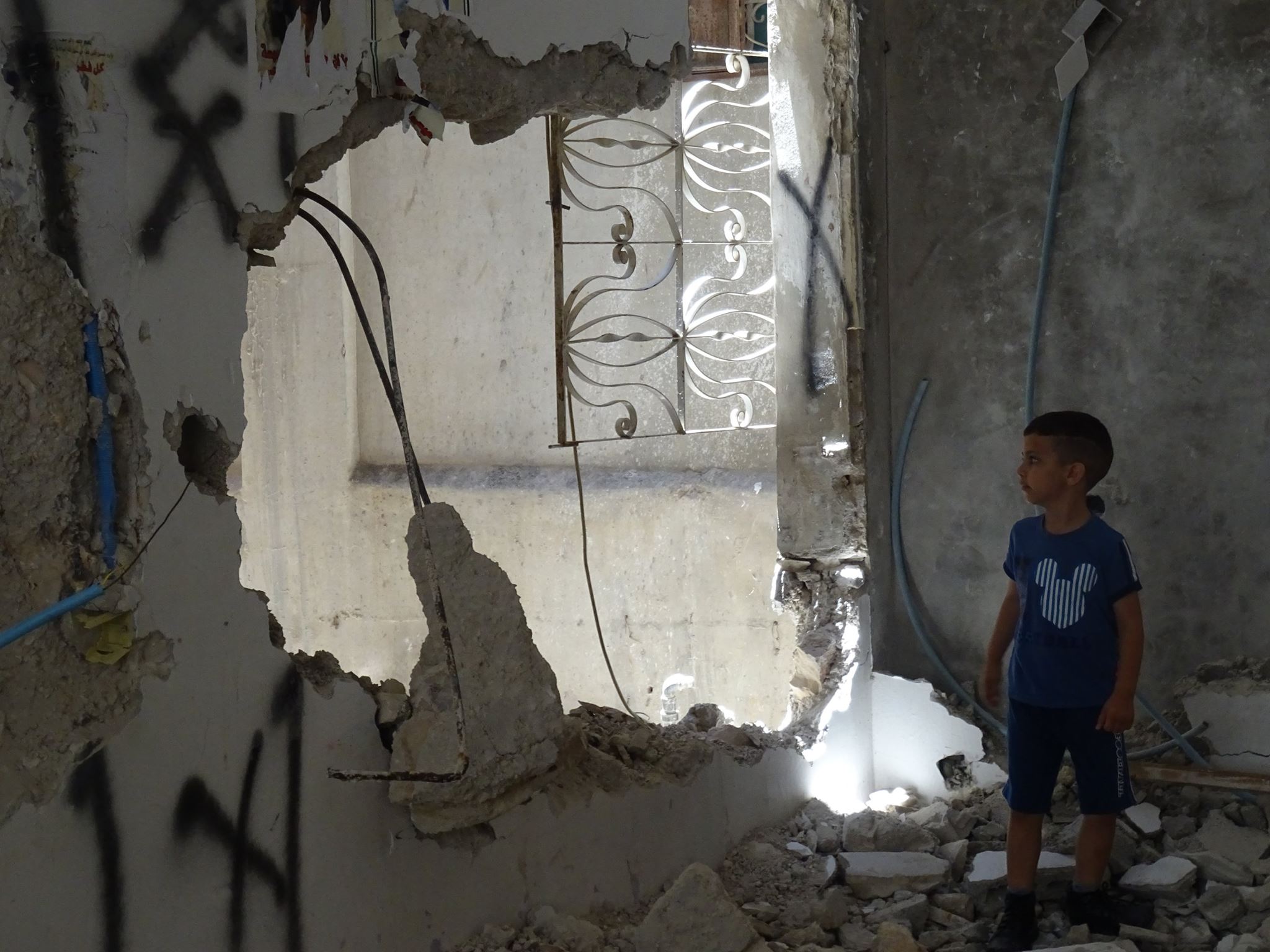Tag: Apartheid
-
Denied permission to go to the mosque to pray
13th July 2016 | International Solidarity Movement, al-Khalil team | al-Khalil, occupied Palestine During one of our walks today, we came across a sight that very unfortunately is all too common in this city. A group of men and women were queuing up to go to the Ibrahimi Mosque – believed by both Jews and…
-
Ramadan 2016: Harassment, collective punishment and settlement expansions in the occupied West Bank
7th July 2016 | International Solidarity Movement, al-Khalil team | West Bank, occupied Palestine Monday the 6th of June marked the beginning of the Ramadan; the holiest holiday in Islam. The Ramadan is a sacred month in the Islamic calendar, where Muslims celebrate when the Qu’ran was revealed for the first time to the Prophet…
-
Israeli military demolishes two houses, injures five Palestinians with live ammunition in Qalandia Refugee Camp
7th July 2016 | International Solidarity Movement, al-Khalil team | Qalandia Refugee Camp, occupied Palestine The holy month of Ramadan has come to an end. But in Palestine, as in Iraq, Syria, Turkey and too many other places, Muslim families are not able to enjoy this special time of the year in peace and comfort.…



